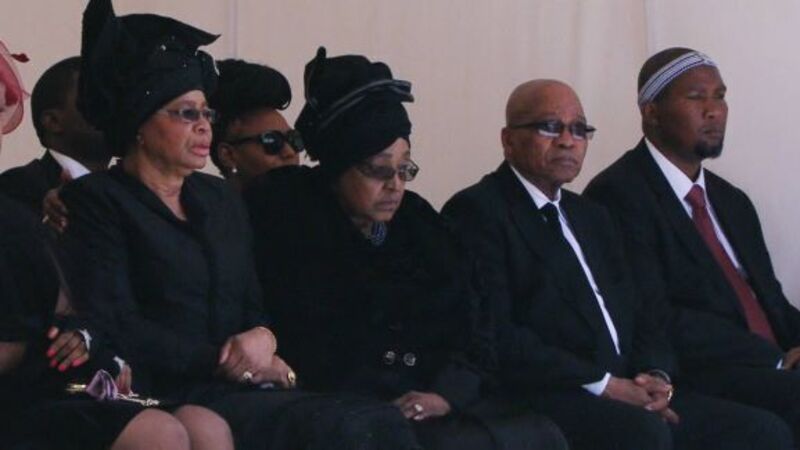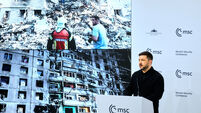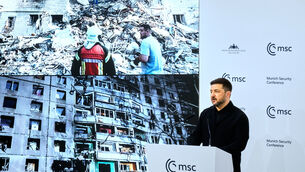Madiba laid to rest after state funeral

His casket was lowered into the earth after military pallbearers carried it to the family gravesite in the rolling hills of Qunu — the rural village in eastern South Africa which was the childhood home of the anti-apartheid leader who became the country’s first democratically-elected president.
South African television showed Mandela’s casket at the family gravesite, but the broadcast went to a different scene just before the coffin was lowered at the request of the Mandela family.














